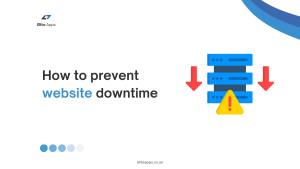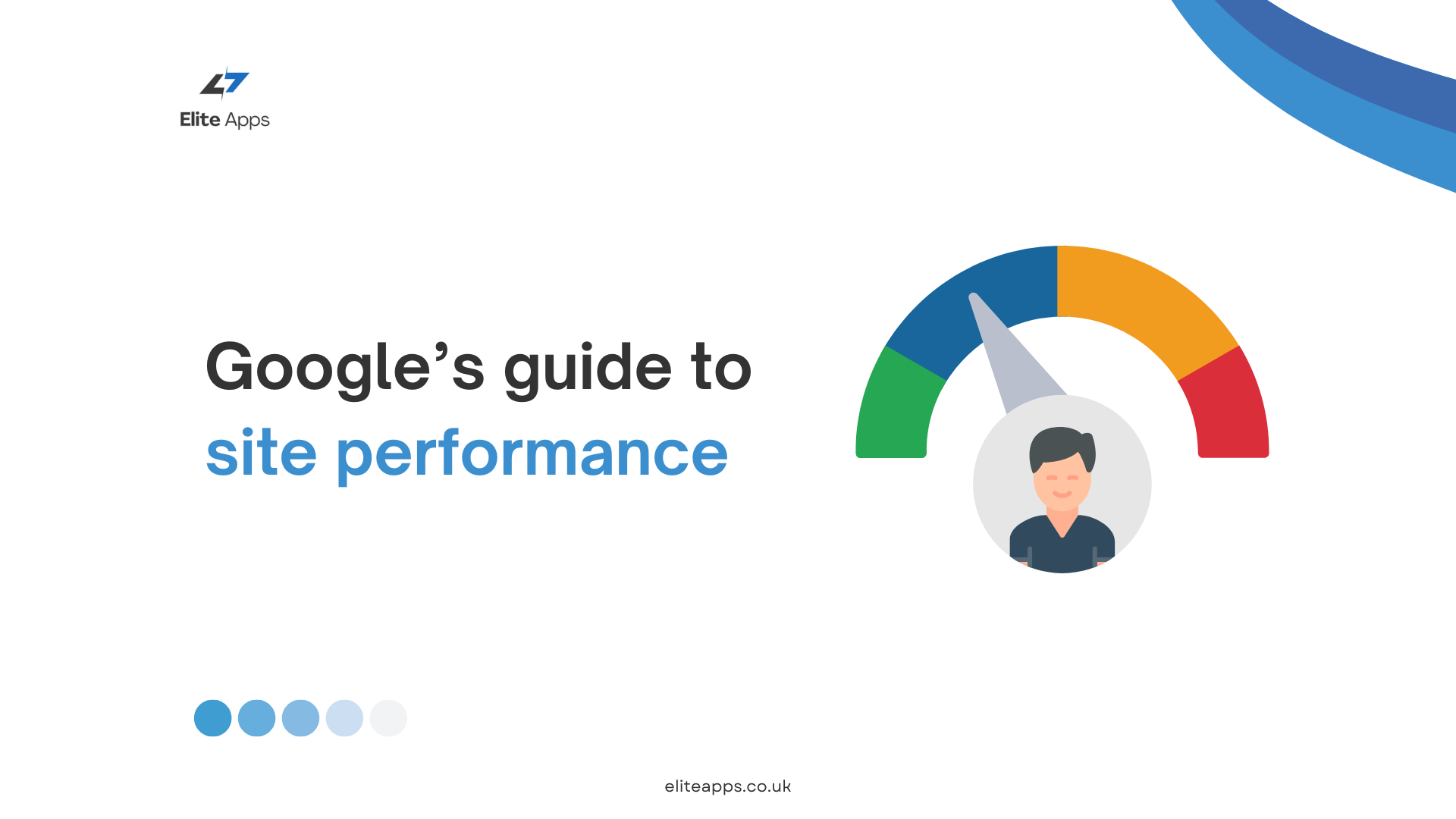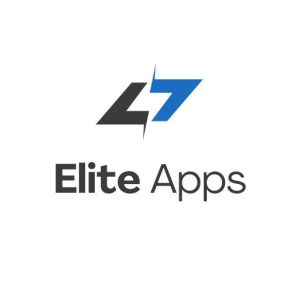In today’s digital age, hiring a remote mobile app development team has become a common strategy for companies looking to build innovative applications without geographical limitations. Remote teams offer flexibility, access to a global talent pool, and often, cost savings. However, to ensure your project’s success, you need to approach hiring with a clear plan and best practices in mind.
Here’s a comprehensive guide on how to hire a remote mobile app development team, along with key tips and best practices.
1. Define Your Project Requirements Clearly
Before you begin looking for a remote team, you need to be clear about what you want to build. Ask yourself these questions:
- What type of mobile app do you want to create? (e.g., native, hybrid, or web)
- What features and functionality does the app require?
- What’s the desired timeline and budget for the project?
Creating a well-defined project brief is critical. It will not only help potential teams understand your needs but also serve as a reference throughout the project, ensuring everyone stays on track.
2. Choose the Right Hiring Platform
There are numerous platforms available where you can find qualified remote app developers. Some popular options include:
- Freelancer platforms: Sites like Upwork, Freelancer, and Toptal allow you to hire individual developers or entire teams.
- Dedicated agencies: Companies that specialize in app development offer pre-vetted teams, which can save you the hassle of hiring and managing individual freelancers.
- Developer communities: Websites like GitHub and Stack Overflow can help you identify experienced developers with proven track records.
Each platform has its advantages, so consider your specific needs when choosing where to hire.
3. Look for Relevant Experience
When hiring a remote mobile app development team, prioritize developers who have experience in creating apps similar to what you need. Evaluate their portfolios for:
- Previous mobile app projects: Look at apps they’ve developed to assess the quality of work and user experience.
- Experience with your preferred platform: Make sure the team is proficient in iOS, Android, or cross-platform development, depending on your project.
- Domain expertise: If your app targets a specific industry, hiring developers familiar with that niche can add value.
4. Evaluate Communication Skills
Strong communication is the backbone of successful remote collaboration. During the interview process, pay attention to how well the team understands your project and their ability to explain technical concepts clearly. Ask the following questions:
- How often will they provide updates?
- What communication tools do they use? (Slack, Zoom, Trello, etc.)
- How do they handle time zone differences and potential language barriers?
A team that’s proactive and transparent in communication will be easier to work with over the long term.
5. Assess Technical Proficiency
When hiring a remote team, technical expertise is non-negotiable. You can assess the team’s skillset by:
- Conducting technical interviews: Have a developer or a tech lead from your side interview the candidates to verify their knowledge of mobile development frameworks and programming languages.
- Reviewing code samples: Ask for code repositories or samples of previous work to evaluate the quality of their code, adherence to industry standards, and efficiency.
6. Test Their Problem-Solving Abilities
In addition to technical skills, problem-solving is key to app development. Unexpected issues will inevitably arise during the project, and you want a team that can handle challenges effectively. You can test this by:
- Giving them a small sample project or problem to solve.
- Asking them about challenges they faced in previous projects and how they overcame them.
7. Prioritize Collaboration Tools and Processes
A remote team’s productivity hinges on effective project management and collaboration tools. Before you hire, make sure the team is comfortable using tools such as:
- Project management platforms: Tools like Jira, Asana, or Trello help track progress and manage tasks efficiently.
- Version control systems: Tools like GitHub or GitLab allow for seamless collaboration on code.
- Communication tools: Slack, Zoom, or Microsoft Teams should be part of the daily workflow for remote communication.
A structured process ensures that the team stays organized, meets deadlines, and produces high-quality results.
8. Consider Time Zones and Availability
While hiring a remote team allows you to access talent globally, time zone differences can be both an advantage and a challenge. To manage this effectively:
- Choose a team with overlapping working hours with your own.
- Set clear expectations about availability for meetings, updates, and urgent situations.
If real-time communication is critical for your project, it’s essential to hire a team that can meet your expectations in terms of time zone compatibility.
9. Negotiate a Flexible Yet Clear Contract
Before starting work, it’s important to establish a formal agreement that covers all aspects of the project. Your contract should include:
- Project deliverables and deadlines
- Payment terms and milestones
- Ownership of intellectual property (IP)
- Confidentiality agreements (if necessary)
Additionally, you should have flexibility built into your contract for any changes in scope or project requirements.
10. Start Small with a Pilot Project
Once you’ve selected a team, consider starting with a smaller, less complex project or a pilot phase. This will allow you to:
- Assess their ability to deliver on time and within budget.
- Evaluate their communication and problem-solving skills in real scenarios.
- Build trust before committing to larger or longer-term projects.
If the pilot phase goes well, you can proceed with the full development confidently.
Conclusion
Hiring a remote mobile app development team can be a strategic advantage, giving you access to global talent and greater flexibility. However, it requires careful planning, from defining your project needs to selecting the right team and tools. By following the tips and best practices outlined above, you can increase the chances of a successful collaboration, leading to the development of a high-quality mobile application.
Ready to hire your remote app development team? Follow these steps, and you’ll be on the path to launching a successful app in no time!








